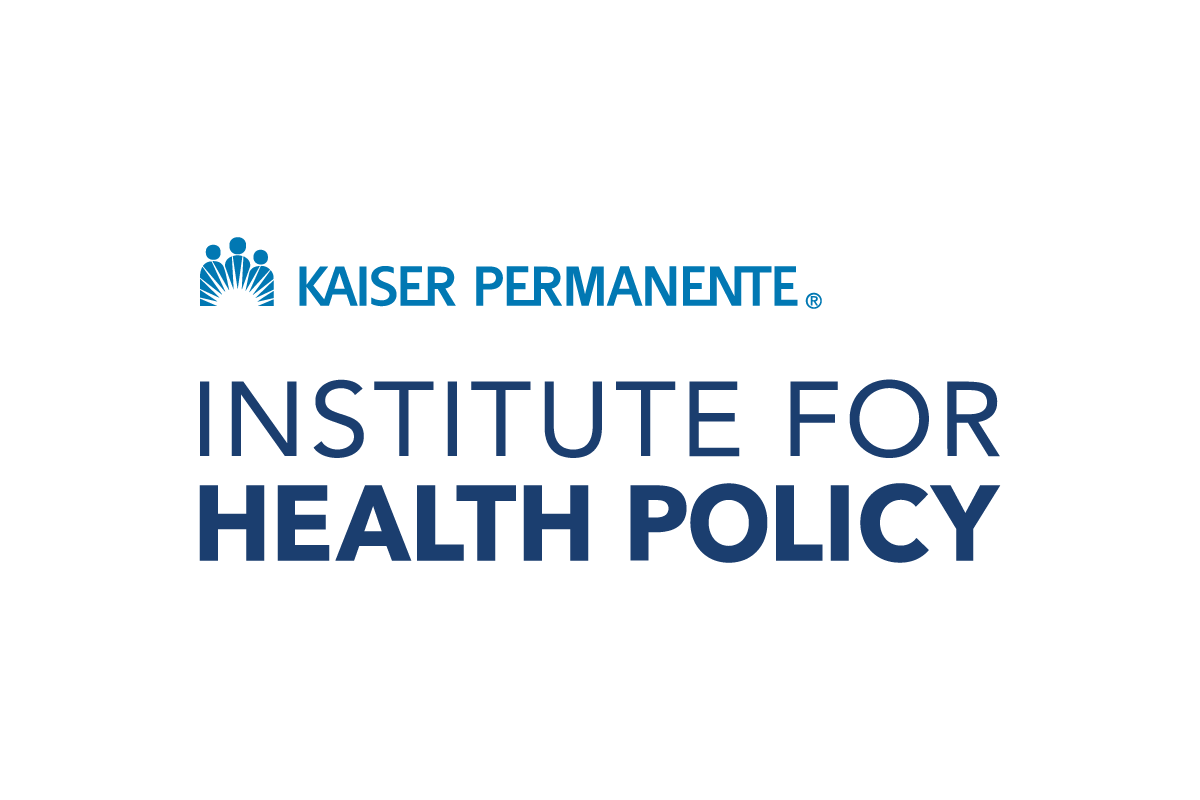With COVID-19 cases still high and the Biden-Harris administration newly in place, it has never been more important to acknowledge and address racial disparities that are being exacerbated by the pandemic.
In a series of blogs and interviews, Kaiser Permanente leaders describe the health and social impacts that are disproportionately affecting people of color and share Kaiser Permanente’s response to addressing health equity during the pandemic and beyond. Read the first in the series here.
In this interview, Ronald Copeland, MD, FACS, senior vice president of National Equity, Inclusion, and Diversity strategy and policy, and chief equity, inclusion, and diversity officer for Kaiser Permanente, discusses how health systems’ thinking on racial equity has evolved during the pandemic and shares the systems-level changes Kaiser Permanente is making to advance equity, inclusion, and diversity in our organization.
The COVID-19 pandemic and the racial justice movement have compelled individuals and organizations across the nation to confront and address racism in new ways. How have health care systems’ awareness of, and response to, racism and inequities shifted?
Some aspects of health care, including health outcomes and care quality, have improved, but racial and ethnic health disparities still exist. The industry’s response to proactively identifying root causes (e.g., coverage, access, social needs) and deploying system-level interventions has been varied and ineffective. And, despite the awareness of systemic racism, the industry’s willingness to address its impacts has been marginal.
The experiences of 2020 serve as a long-overdue wake-up call: The status quo is morally wrong, unsustainable, and unacceptable. Accordingly, organizations and professionals from across the health care sector are challenged to lead unapologetically. They can use this critical moment to drive a movement that transforms the health care system and delivers equitable policies, culture, patient and workforce experiences, and clinical outcomes. Many organizations are formally taking steps to address the issue through:
- Mitigating implicit bias
- Holding conversations about racism and how it shows up in medicine
- Making demographic data more transparent
- Addressing racial and ethnic underrepresentation in their organizations
- Collaborating in new ways, forming cross-functional networks of health care organizations and medical associations
- Advocating for social justice and anti-racist policies and practices
The focus has shifted from pursuing a traditional definition of high-quality care to one that acknowledges that you cannot achieve high quality without addressing health inequities. In addition, there is a corresponding understanding that you can’t achieve health equity without addressing systemic racism.
Recently, Nancy Gin, MD, FACP, executive vice president of quality, and chief quality officer for The Permanente Federation, described how Kaiser Permanente is addressing racial health and health care disparities in the pandemic. Taking a step back: How is Kaiser Permanente making systems-level changes to support equity, inclusion, and diversity in our organization?
Kaiser Permanente has a longstanding history of supporting social justice issues and a rich tradition of equity, inclusion, and diversity, as Dr. Gin mentioned. In June 2020, we reaffirmed our commitment to advancing equity and addressing systemic racism for our members, communities, employees, and physicians in the following areas:
- Health equity: We will improve the care experience and health outcomes by eliminating racism and other forms of bias or oppression in health care by:
- Addressing the social drivers of health that have led to poorer health outcomes for our most vulnerable populations
- Addressing COVID-19 and its long-term impacts on social health
- Launching a cross-functional Health Equity Advisory Council to advance our commitment to providing high-quality, equitable, and culturally and linguistically responsive care.
- Workforce equity: We will continue to build a highly inclusive, engaged, and psychologically safe workplace so that our people can contribute at their highest level. We will do this by:
- Removing bias and racial inequities from the employee and physician experience through the launch of an action-focused awareness and behavior change program called Belong@KP
- Improving equitable and inclusive practices across the employee life cycle, including identifying, recruiting, developing, mentoring, assessing, and retaining diverse talent
- Addressing the need for healing and recovery from long-term racial and oppression-related stress and trauma
- Community equity:
- Racism and intergenerational trauma: We will support grassroots efforts to end systematic racism and break the cycles of stress and trauma that limit achievement of total health. We will increase knowledge of the health impacts of racism and create systems of care that lessen the effects of intergenerational trauma.
- Economic opportunity: We will invest in programs that create equitable economic opportunities for underrepresented communities and work to dismantle racist systems that create barriers to success. We will use our purchasing power to build healthy, equitable, and sustainable economies in ways such as:
- Providing support to more than 2,000 businesses owned by people from underrepresented communities
- Being committed members of the Billion Dollar Roundtable and related supplier diversity efforts to spend $2 billion per year on businesses owned by individuals of color, women, LGBTQ+, veterans, veterans with disabilities, and people with disabilities
- Providing good jobs to individuals facing barriers to employment through high-impact hiring efforts
Through these commitments, we aim to achieve workforce equity, advance health equity for our members, and use our voice, resources, and influence to create equity and inclusion for all marginalized groups within the communities we serve.
What advice would you give to leaders of other health care organizations as they pursue systems-level changes to advance equity, inclusion, and diversity?
We’ve learned many lessons on our journey to providing equitable care and to fostering an equitable, inclusive, and diverse workplace. Leaders of other organizations should consider building the following approaches into their plans:
- Embed equity into all quality improvement requirements and performance goals, and hold leaders accountable for achieving desired outcomes.
- Break the silos and collaborate cross-functionally. Functional areas such as quality improvement, population care, and equity, inclusion, and diversity must work in collaborative alignment and support each other to achieve health equity.
- Be intentional and partner with community-based and safety-net groups to design equitable solutions.
- Incorporate the voice of the patient into the care delivery process by involving them in the design of their care. Clear physician-patient communication increases trust and mutual respect and improves patient engagement and the overall patient experience.
- Engender trust through long-term inclusive relationships with communities. Advancing the health of diverse communities requires working together with community members, demonstrating a strong commitment to culturally responsive care, and showing sincere concern for the community’s overall well-being.
- Foster a learning culture that is constantly improving and oriented toward equity, patient safety, inclusion, and accountability.
It all boils down to effective, trustworthy leadership that is unapologetically courageous and compassionate in its focus on improving health and health care for all.
The Biden-Harris administration has placed racial equity at the top of their agenda. What hopes do you have for our leaders as they take their first steps toward addressing racism and inequities?
At Kaiser Permanente, we believe good health belongs to everybody. In alignment with our mission, we hope that the new administration focuses on high-quality, affordable health care and works to improve the health of our communities. All barriers to access and equitable care, real or imagined, must be accounted for, prioritized, and effectively addressed to usher in an era of transformative sustainable impact.


